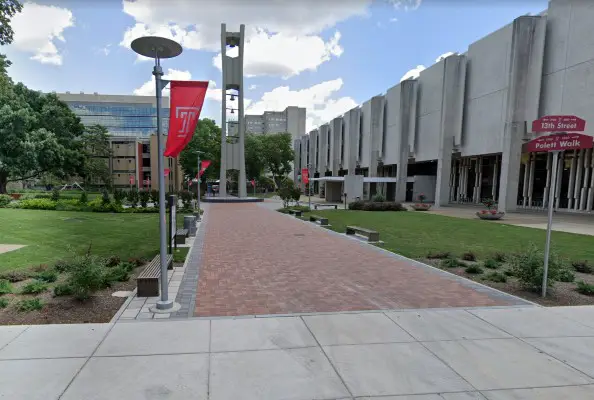
According to AP News, the former president of a fraternity at Temple University has been sentenced to state prison for sexual assault.
Ari Goldstein, 23-years-old, was convicted of attempted involuntary deviate sexual intercourse, attempted sexual assault, and indecent assault of a woman. Goldstein was sentenced to 3 1/2 – 7 years for the charges listed as he tried to sexually assault a freshman female student during a party at a frat house. Goldstein will also have to register as a sex offender.
Goldstein’s attorney argued the encounters were consensual, and there was a sustained sexual relationship between the victim and the client. Further details about the encounter were not outlined.

Attorney contributor Max Morgan, an experienced sex abuse victim lawyer, represents sexual assault victims and their families in civil lawsuits. We’ve interviewed Brian to share insight on the legal options of victims sexually abused on university campuses.
“Universities have a legal obligation to provide a safe environment and protect their students. Universities must monitor the students they admit as well as ensure on-campus fraternities and sororities are safe. Unfortunately, as we have seen across the country, sexual predators are sometimes found on campuses in classrooms, fraternities, and student-employment positions. These predators often abuse the trust of other students they interact with on campus. Universities and administrations must protect all students to the best of their ability from danger, including sexual predators.”
“Victims and their families should first acquire the services of an experienced sexual assault lawyer. Then, they should ask if the school did their best to prevent sexual abuse from occurring. Filing a lawsuit against the offender is the first step, but victims may have a claim against the university as well. If the university did not provide adequate safety measures, they might be deemed negligent. Examples of negligence include but at not limited to the following: if complaints about sexual misconduct were reported against fraternity members, but the university did not investigate the claims or if sexual misconduct occurred on camera by a fraternity member, but the university ignored it. In cases of negligence, a university may be considered liable, and the victim should know they may have grounds for a civil lawsuit and receive compensation for damages.”
https://apnews.com/article/philadelphia-sexual-assault-0f151f99e4ee206a665bd0fa51146e0a
 info@legalherald.com
info@legalherald.com